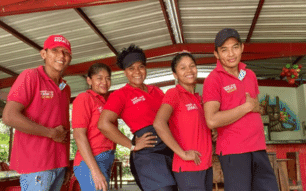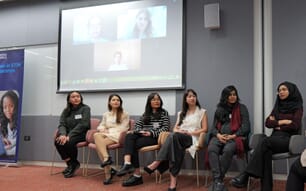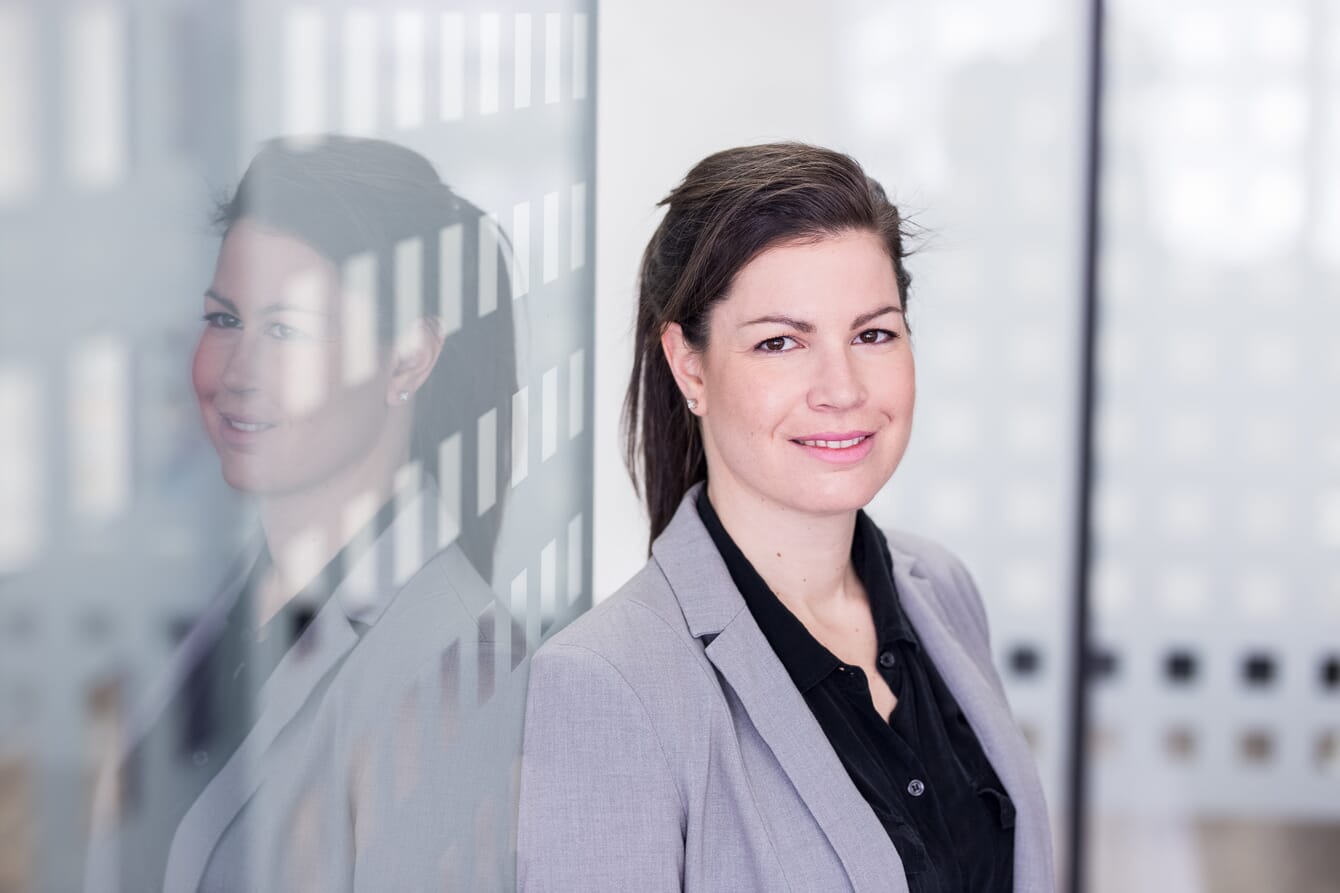
Briefly describe your aquaculture career
My passion for oceans and technology led to a BSc at the Maine Maritime Academy, followed by a MSc in geoengineering at the National Institute of Scientific Research in Quebec. My partner, Cody, and I started out developing applications for commercial marine environments, but we quickly discovered that our optics and photonics knowledge was relevant to shrimp hatcheries, which only had very basic tools for counting larvae. After several companies expressed interest in our work, we launched XpertSea with our co-founders to address the major technology gaps that exist in aquaculture.
Initially we focused on using AI to help shrimp farmers gather data, make better decisions and achieve better financial outcomes. In the past year we incorporated that functionality into a much more ambitious offering, a data-driven marketplace that connects buyers and growers directly, and solves their most pressing financial challenges.
What inspired you to move into aquaculture?
As a small child I visited my grandmother in Florida each winter and we would take long walks on the beach. So, starting around age six I’ve been passionate about the ocean and that directly influenced my decision to study marine science and turn it into a career. I first encountered aquaculture through my academic programme, and then through my studies and work I learned how big the industry is and how much room for growth it has from a technological standpoint.
Women are very well represented in the upper echelons of XpertSea – how have you managed to achieve this, and why is this not the case more widely in the sector?
XpertSea is an equal opportunity employer but we did not set out by design to hire a certain ratio of women: it’s more accurate to say that we’ve often discovered the best person for the job is a woman. I can’t speak to the experience of other companies, but I was very pleased when my colleagues did the math and found that 57 percent of our senior management team and 37 percent of our field staff are women. That’s quite good, as only about 25 percent of the tech industry is female.
At the senior management level, my mother, Sylvie Lavigne, is also a co-founder. On a personal level her career has taught me that women can be just as dedicated and hard-working as anyone. As a VP at our company, she brings a wealth of executive and operational experience that has been critical to launching the company and overcoming challenges. And as our business evolved over the past year, Katie Sokalsky came aboard as president and COO, bringing financial services, tech and leadership experience that will be instrumental in expanding our marketplace and developing new products and services.
What’s your proudest achievement in the sector, to date?
I’m proud of what we’ve built from a people perspective. A decade ago we were a team of four, and today we number more than 60 people. What once was a small Canadian startup now provides unique working opportunities for our teams in Asia and Latin America.
I'm also proud of the close relationships we’ve built with shrimp farmers in order to really understand their challenges. This close collaboration made it possible for us to improve their operations and business outcomes, first through technology and now with financial services.
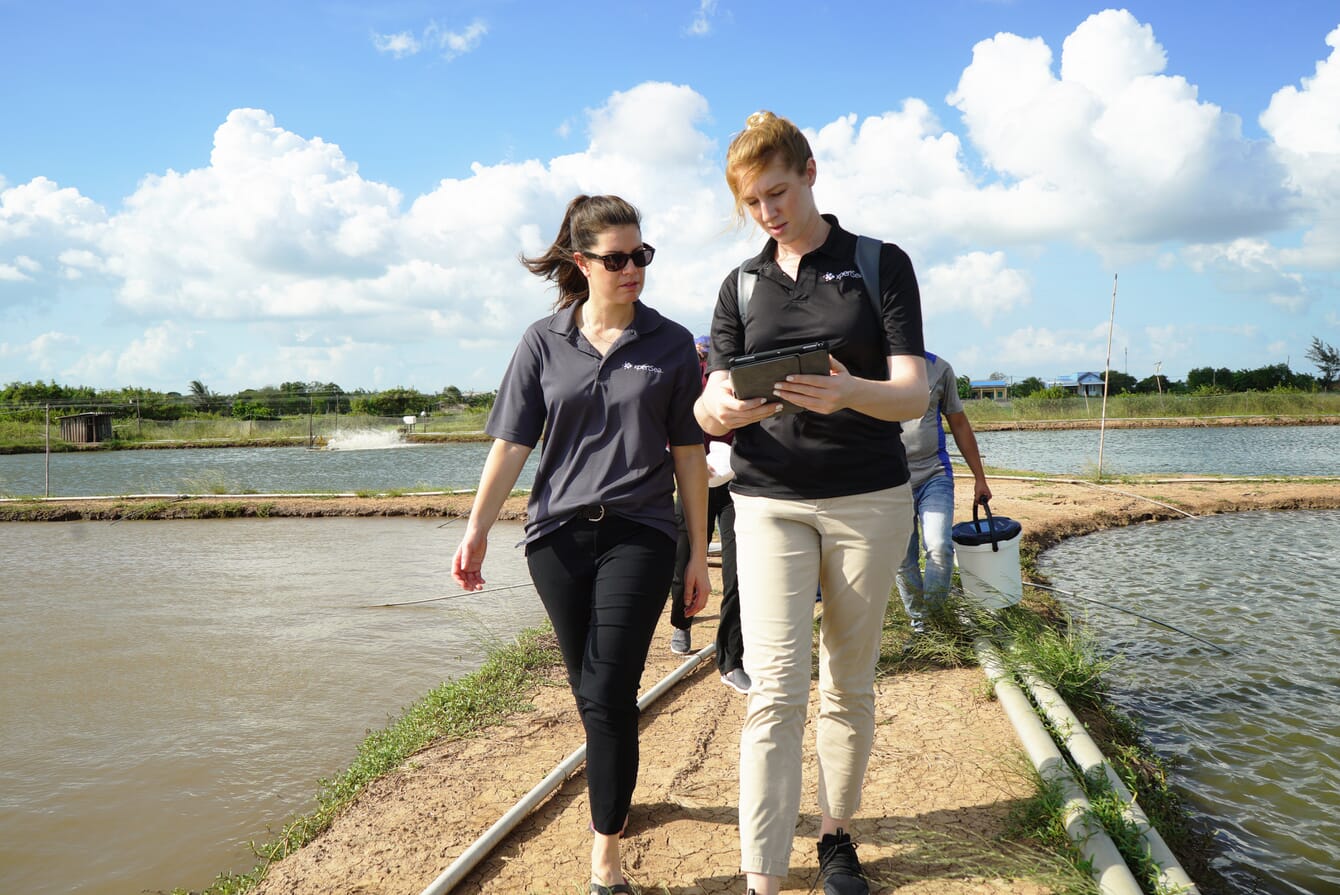
Describe a typical day in your current role.
My schedule is designed around four pillars:
- Strategy - where are we going and what do we need to get there?
- Supporting the team - how can I help our team overcome challenges? And how can we better support our customers?
- Product - what problem are we solving and how? What other problems are out there that we can solve with technology and financial services?
- Outreach - updating current investors, networking with potential partners and attending speaking opportunities.
My day starts early and ends late, and most of it is spent on the phone or on my computer. A ten hour work day, including time on the weekends, is not uncommon. Fortunately I have a great team supporting me in managing the day-to-day activities, so I can stay focused on the tasks that help us move the needle forward.
What’s the most unusual experience you’ve had in aquaculture?
Doing business in different regions brings new and unusual challenges. In places like South America and southeast Asia, we learned that shrimp are extremely valuable, to the extent that in certain less developed markets the business could be subject to piracy. In our early days there was an occasion when some of our staff went to assist a shrimp harvest and had to stay on the island for several days, because there was a warning of pirates in the area and some shrimp boats had been hijacked. That's a whole new reality that Canadian companies don’t typically encounter.
Are there any individuals or organisations in aquaculture who you’ve found particularly inspirational?
We have active investors who provide strategic counsel and a powerful support system, while also caring deeply about sustainable food innovation and developing sustainable systems. One of our investors is Aqua-Spark, which has a vision for creating an ecosystem of producers and tech, health and nutrition companies, that is helping transform the industry. As founder and managing partner, Amy Novogratz is working hard to educate the outside world about aquaculture, to break negative stereotypes, and to bring key stakeholders together to make real changes. Showing that it’s possible to generate profitable returns while activating positive environmental outcomes – I find that inspirational.
Have you encountered any gender-related challenges as a woman in aquaculture?
I’ve been fortunate to establish good working relationships at every level, whether with colleagues, investors or others. I think the issue of gender-related challenges is more relevant at the level of our field staff. They are thousands of miles from Canada in a variety of different operating environments, which means they can encounter challenges unique to their location and local culture. So we make sure to listen carefully to their concerns, rely on them to tell us what is safe, and if necessary take extra precautions.
What advice would you give to women looking to start a career - and a business - in the sector?
I think my mother and co-founder Sylvie said it best: “My advice for future women leaders is to push yourself out of your comfort zone whenever you have the chance. Don’t be afraid to take risks and focus on building something you are truly passionate about.”
What would be your dream role in aquaculture and do you think it’s realistic to achieve?
It may sound clichéd but my current role is quite amazing. It allows me to apply both drives that got me here in the first place: on the one hand as a leader and entrepreneur, and on the other hand as a scientist and technology innovator. I will be very happy if down the road I have a chance to act as a force multiplier, by helping other entrepreneurs and technologists launch their own companies and make their own contributions to our industry.
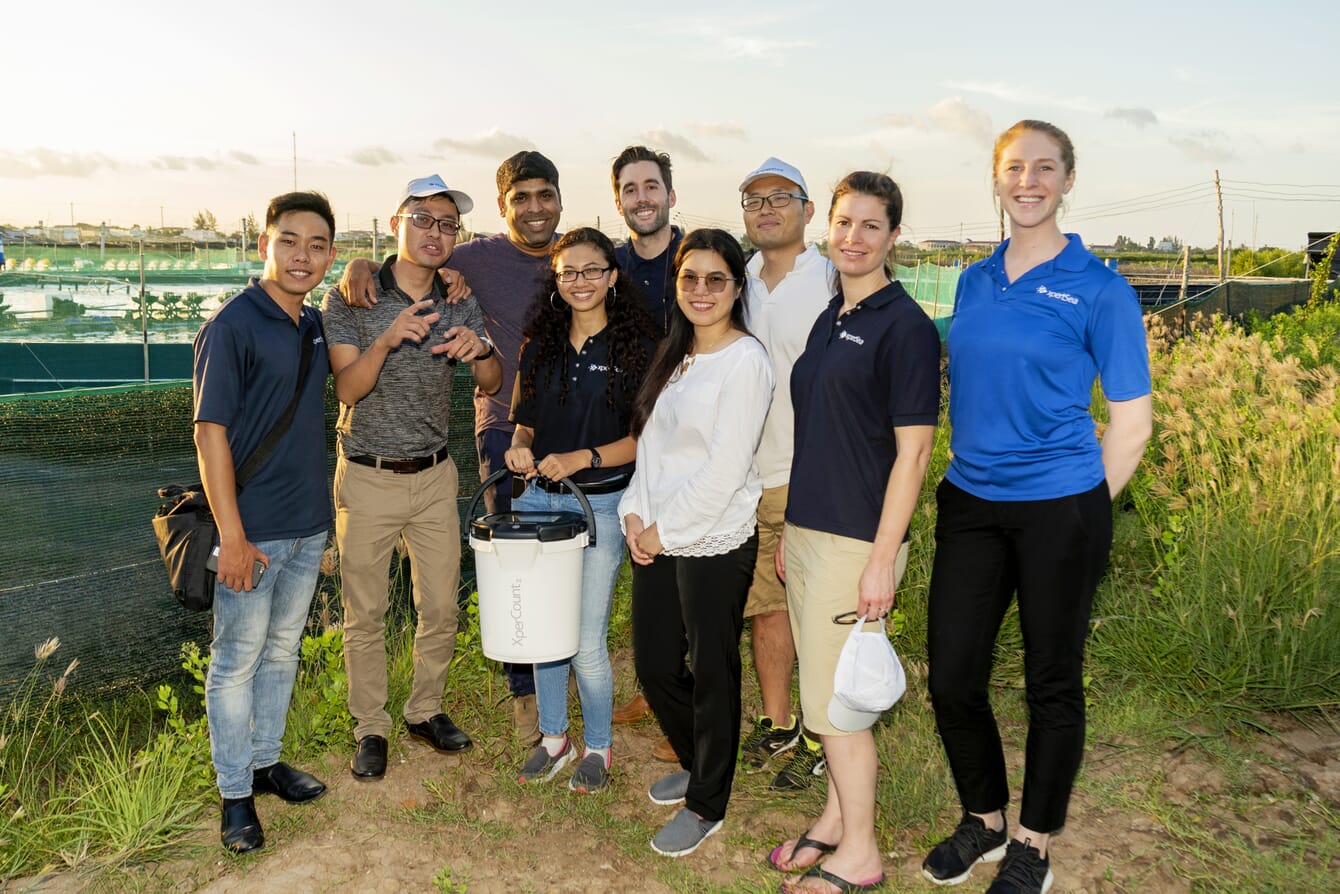
What new/forthcoming innovation do you think has the greatest potential to improve the shrimp sector?
While the available AI-based tools are making huge improvements to the efficiency and sustainability of shrimp farming, we haven’t even begun to unlock a fraction of its full potential. I think prescriptive analytics and diagnostics – where the tools tell you what will happen and how to correct for it – will have a huge impact on the industry, especially in the area of disease management. This in turn will de-risk operations, which will pave the way for more inclusive financial and insurance services. We are also very excited about how data and transparency can unlock the value chain all the way to the consumer.
What outstanding challenge facing the shrimp industry would you most like to solve?
I’d like to push forward with our original vision of solving aquaculture’s massive technology gap. Many innovations that have taken root in agriculture or livestock farming still have no analogue in the aquaculture industry. That affects everything from local growers’ ability to make a profit and put food on their own table, to efficiency and profitability across the food chain. All of this is important if aquaculture is to fulfill its promise of becoming a sustainable source of protein for our increasingly hungry planet.
Where would you like XpertSea to be in 10 years’ time?
I think what’s interesting about our company is that we have a lot of potential growth vectors. Today we're finding success with a data-driven marketplace and financing services, mainly in Ecuador and later this year in India as well. We also see lots of problems in the industry that can benefit from technology and financial services, not to mention opportunities in new territories. And while we are in shrimp right now, we are aware that it represents only about 15 percent of total aquaculture production.
Looking ten years ahead, I’d like to see XpertSea as the leading technology and financial company in the aquaculture space, driving positive change for the planet by making aquaculture more sustainable through the use of data and technology. We are only at the beginning of the blue revolution and there are many more challenges and problems that we can solve to make aquaculture an even more sustainable source of protein for the planet.


